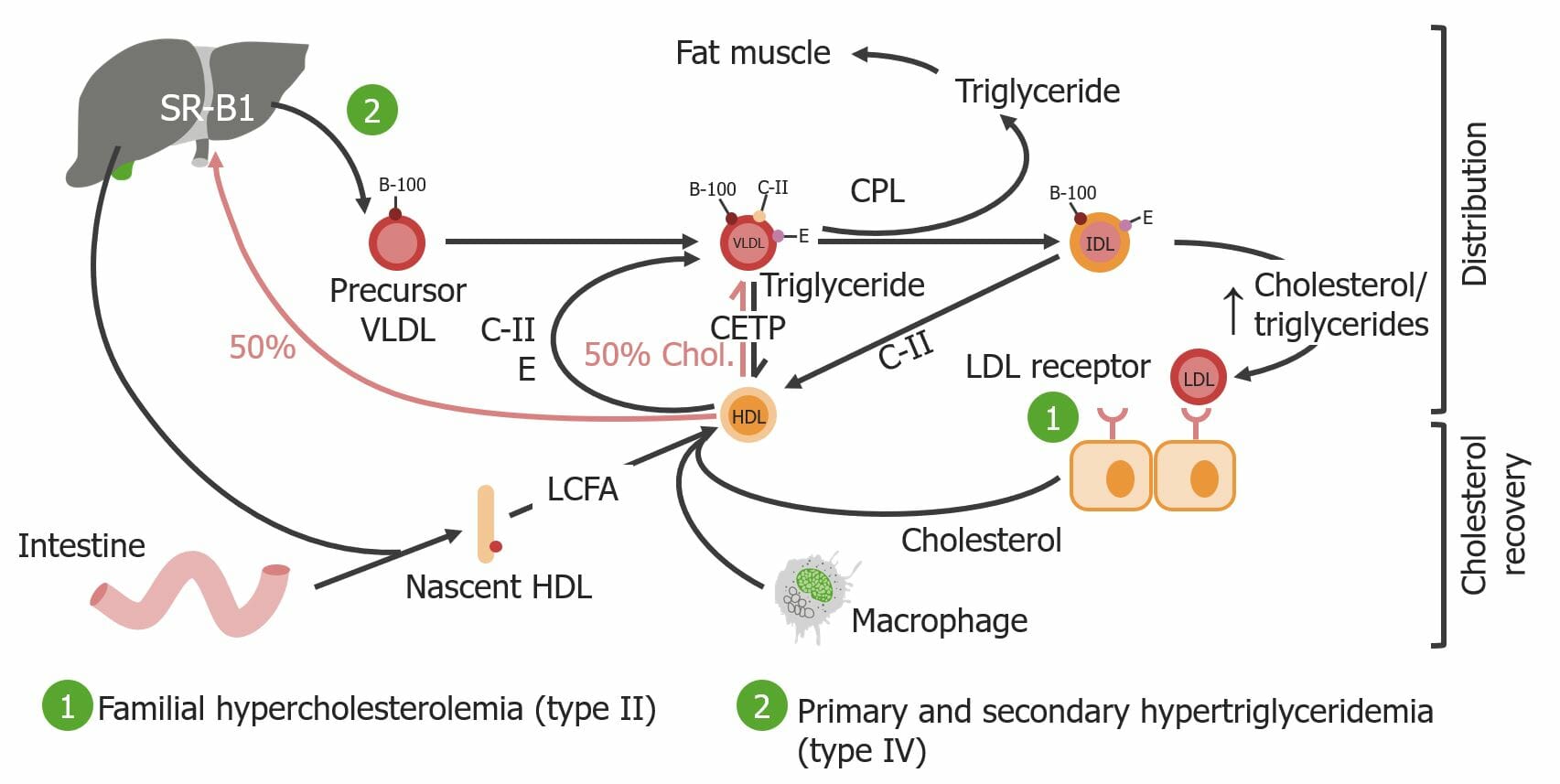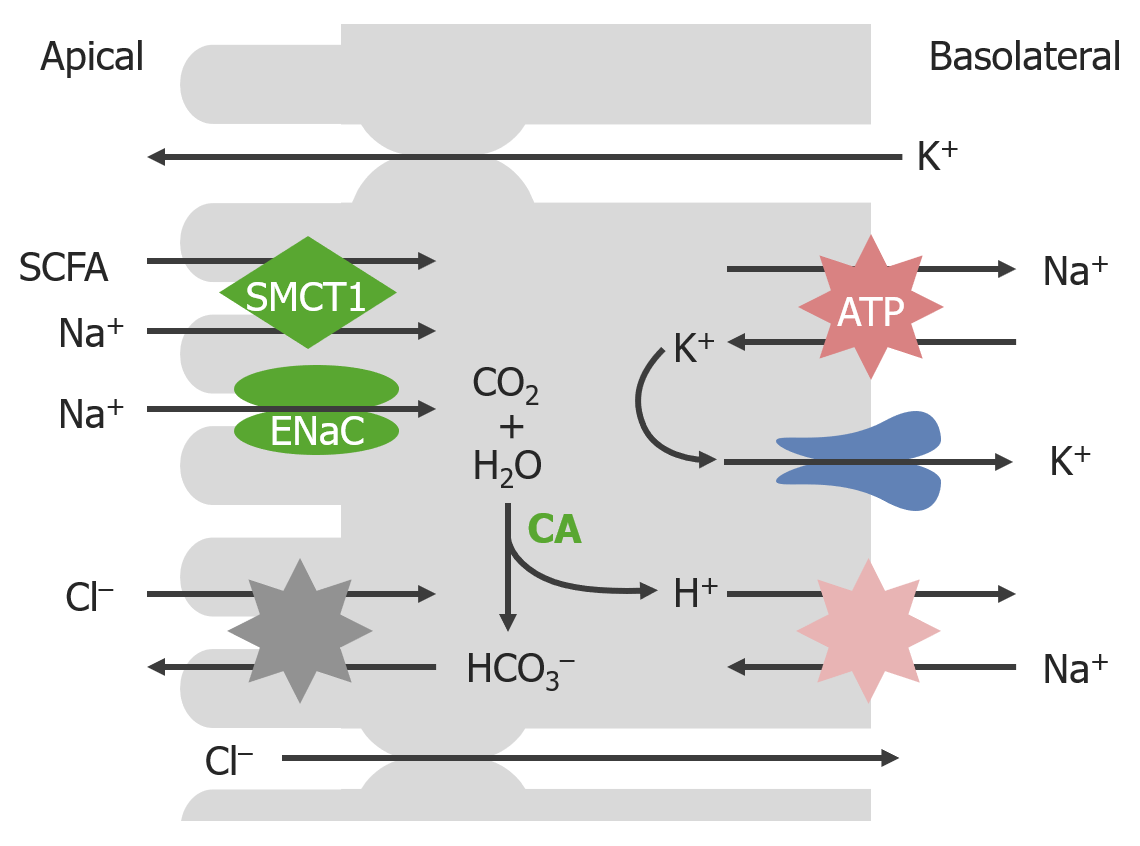Playlist
Show Playlist
Hide Playlist
Familial Hypercholesterolemia
-
Slides Atherosclerosis Cardiovascular Pathology.pdf
-
Download Lecture Overview
00:00 And diabetes. Let us talk about familial hypercholesterolemia. 00:03 First and foremost you pay attention to cholesterolemia. What does that mean to you? It means that you cannot help it, especially if it is familial. So genetically speaking, there is something taking place in your patient in which there is going to be accumulation of LDL. Next, if there is accumulation of LDL, that means hypercholesterolemia, remember a couple of things here. This brings us to type II hyperlipidemia. If you are unclear about that, please make sure that you go back to some of our discussions where I specifically have told you how to take care of LDL receptors. 00:36 Now the biggest drug that has now come out in terms of proper management of hypercholesterolemia. 00:41 In many times, this will be the first place where you're hearing this, which is good for you. 00:45 Because you will be on top of all of your medicine. There is something called PCSK-9 and this is what I was attempting to enunciate, well it is proprotein convertase subtilisin kexin 9. 01:00 Now this is one of your monoclonal antibodies and on your licensing boards that is one of your monoclonal antibody either known as alirocumab or the other one is evolocumab. You pay attention to the suffix -locumab. What does this do? It is a serum protease. What about this? This is not a pharmocology lecture, but I need to introduce this to you because this is a vital discussion. Now, this patient is probably been on a statin already, maybe proven to the refractory. Is that clear? I need you to pay attention. Many of you, this may be very much new information, but absolutely mandatory. So the patient is already on statin, that you know everything about. If you don't well you'll learn about in pharm. But now what is important is the fact that this particular type of mutation then results in diminishment or decreased activity of LDL receptors. If there is a way in which you could then inhibit this particular mutation, known as proprotein convertase subtilisin kexin, then you will be able to improve the patient's prognosis dramatically actually and that is what researchers now shown us. 02:10 As you go through here, you will learn a little bit more of loss of function mutation most commonly associated with reduction in both LDL, cholesterol and risk of IHD. LDL, cholesterol, IHD is ischemic heart disease. And if there is a way in which you can inhibit this, then you will increase the outcome. Take a look at this. Reduces LDL cholesterol by up to 70 percent. If there is one particular point that you want to take away from this lecture, with this drug, is the fact that you are going to have an amazing decrease, a dramatic decrease in LDL cholesterol and, therefore, reduce the event of ischemic heart disease. Is that important? Oh! My goodness yes.
About the Lecture
The lecture Familial Hypercholesterolemia by Carlo Raj, MD is from the course Atherosclerosis: Basic Principles with Carlo Raj.
Included Quiz Questions
What is function of PCSK9?
- Serine protease produced in liver
- Membrane-bound ion channel regulating calcium influx
- Transcription factor controlling gluconeogenesis
- Mitochondrial enzyme involved in oxidative phosphorylation
- Cytokine secreted by T lymphocytes
What is type II hyperlipidemia?
- Deficiency of LDL receptor, accumulation of cholesterol
- Deficiency of VLDL receptor, accumulation of cholesterol
- Deficiency of LDL receptor, accumulation of triglycerides
- Deficiency of LDL receptor, accumulation of chylomicrons
- Deficiency of IDL receptor, accumulation of cholesterol
Which of the following statements is TRUE regarding proprotein convertase subtilisin kexin 9 (PCSK9) and inhibitor drugs?
- Evolocumab reduces LDL cholesterol by up to 60% in patients on statin therapy.
- PCSK9 inhibitors lower triglyceride levels.
- PCSK9 is a serine protease that is secreted by the kidneys.
- PCSK9 inhibitors lead to the destruction of HDL.
- PCSK9 inhibitors are in the statin family.
Customer reviews
5,0 of 5 stars
| 5 Stars |
|
1 |
| 4 Stars |
|
0 |
| 3 Stars |
|
0 |
| 2 Stars |
|
0 |
| 1 Star |
|
0 |
wow... physio, patho, clinically.. all comes together. It is worth...





